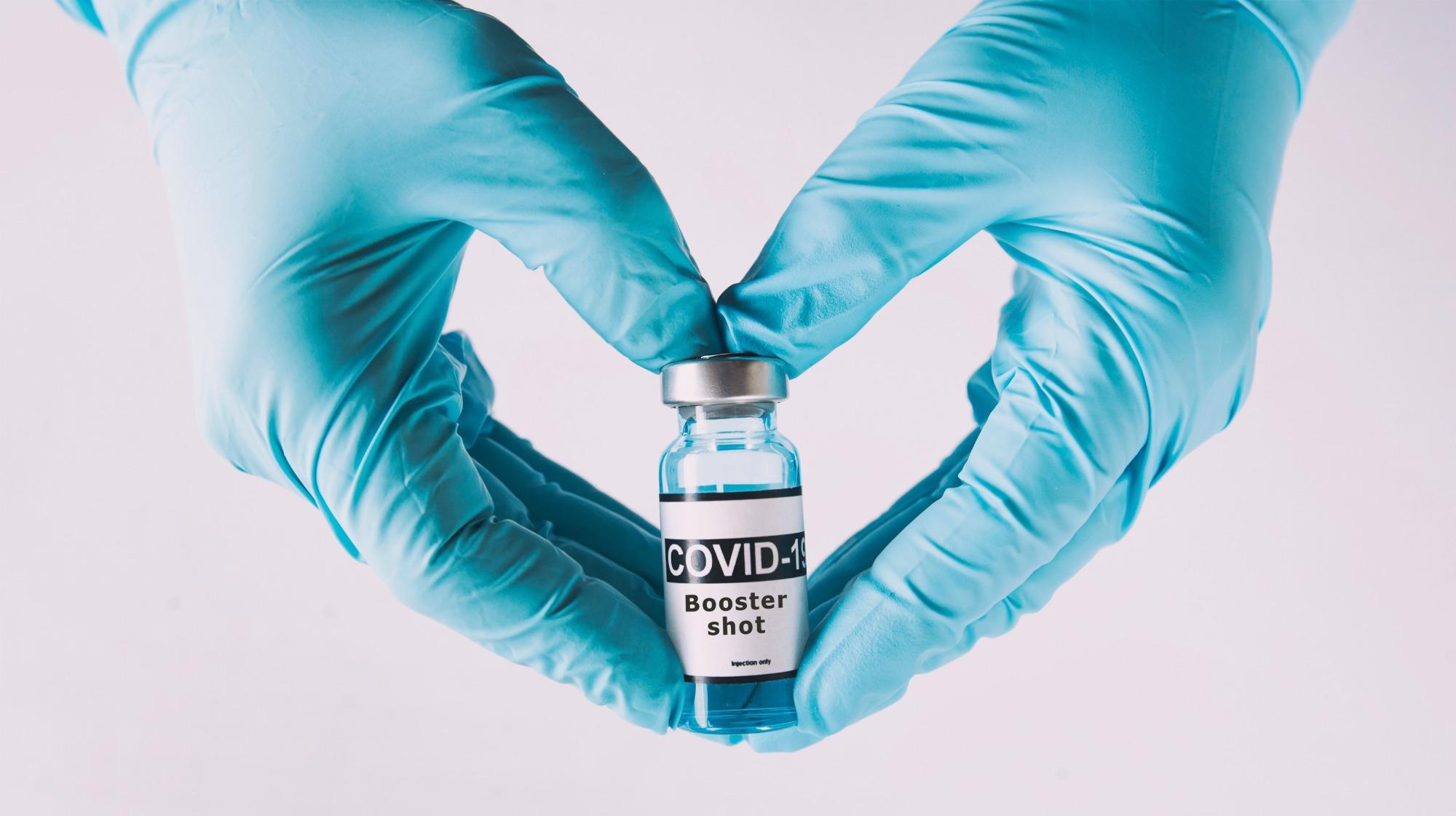The U.S. Centers for Disease Control and Prevention (CDC) are deliberating the potential recommendation of another COVID booster shot this spring, primarily targeting individuals vulnerable to severe illness. An advisory panel is set to convene on February 28 to discuss and vote on this matter, with a focus on the safety and efficacy of booster shots for high-risk populations, including those aged 65 and above and individuals with compromised immune systems.
Targeting High-Risk Groups for COVID-19
Dr. William Schaffner, an infectious diseases expert at Vanderbilt University Medical Center, emphasized that the panel’s discussion would prioritize individuals most receptive to public health recommendations. The deliberation aims to address the need for a second dose among those at high risk or those opting for additional protection against COVID-19.

The rationale for a Spring Booster
The proposed spring booster would utilize the same formulation approved last fall, targeting the XBB.1.5 subvariant. Notably, this booster has demonstrated effectiveness against the JN.1 subvariant, which currently accounts for the majority of COVID-19 infections in the United States. Experts advocate for the implementation of a spring booster, citing evidence of waning immunity against severe illness, hospitalizations, and deaths beyond four to six months post-vaccination or previous infection.
Addressing Vaccine Fatigue
Despite the vulnerability of certain groups, such as transplant patients, to severe COVID-19 outcomes, vaccine fatigue poses a significant challenge. Dr. William Werbel from the Johns Hopkins Transplant Research Center highlighted the growing reluctance among individuals who have undergone multiple vaccinations. While transplant recipients are likely to heed recommendations from healthcare providers, societal fatigue and disillusionment with COVID-19 mitigation efforts may hinder widespread acceptance of booster shots.
Timing and Recommendations
Health experts generally advise high-risk patients to wait a minimum of two months following their last COVID vaccination or infection before considering another dose. This recommendation aims to optimize the effectiveness of booster shots while minimizing potential adverse effects.
Evidence Supporting Booster Shots
Recent studies have provided promising insights into the efficacy of booster shots in reducing COVID-19 infections. Individuals who received the latest booster shot were found to be 54% less likely to contract COVID-19 during the winter months, underscoring the importance of additional doses in bolstering immunity against emerging variants.

As the CDC weighs the potential benefits and risks of a spring booster, informed decision-making guided by scientific evidence and public health considerations remains paramount in navigating the ongoing battle against COVID-19.